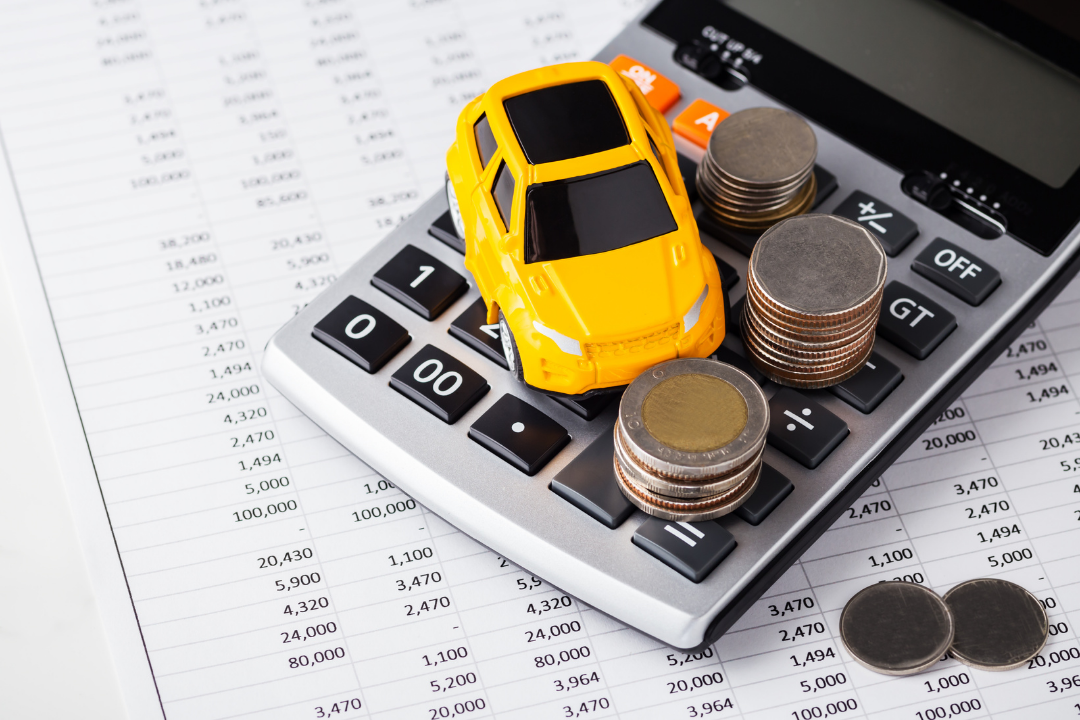
Fixed-Rate
vs
Variable-Rate Car Loans
What’s the difference between fixed and variable rates on automobile loans?
If you’re looking to purchase a vehicle, you’ll have the option of a fixed or variable interest rate automobile loan. Let’s look at each choice so you can make an informed decision.
Fixed-Rate Car Loans
The most popular sort of automobile loan is a fixed-rate loan, which implies that the interest rate will stay the same throughout the term of your loan. As a result, if interest rates fall or rise, your financing will be unaffected.
Having a fixed rate can be beneficial for budgeting and planning since you know that your loan payments will not vary over time.
It also means you won’t be affected by any interest rate increases, and that your capacity to take on new financial obligations will not be jeopardized. Furthermore, you know exactly how much you’ll pay in both principal and interest when the loan is paid off.
Let’s assume you took out a $10,000 automobile loan with a fixed rate of 5% p.a. for a five-year term. We can calculate that you’ll pay back $12,500 in total without taking into account any extra costs or charges, or any extra repayments or balloon payments made over the course of the loan.
In most circumstances, making additional payments or paying off the loan early will result in early payback penalties. This will be determined by the lender and your individual contract, however. If you are able to make extra repayments, doing so can reduce the amount of interest you pay over time and extend your loan’s life.
Variable-Rate Car Loans
A variable rate, on the other hand, might change in tandem with market conditions. If interest rates drop, this should be taken into account when determining your interest rate. However, if interest rates rise, so will the interest rate on your vehicle loan.
There is also a chance that interest rates will rise. This can be more difficult to budget for since repayments are based on the interest rate you’re paid. However, if interest rates decrease, this might be beneficial because you won’t be stuck with a non-competitive rate.
Variable car loans often do not have an early exit fee or early repayment charges, which may save you money if you want to make extra repayments.
To illustrate this, suppose you have a 5% p.a. variable interest rate for the first three years, but it drops to 4.5% p.a. for the final two years. In this case, you’ll pay back $12,400 rather than $12,500 over five years.
What Kind of Loan Are You Considering?
If you’re not sure whether to take out a fixed or variable rate vehicle loan, it’s important to think about your personal circumstances and what would be best for you.
Would it be simpler to know how much you’ll pay back in total over time and stick to that plan? If this is the case, a fixed rate could be more suitable. Alternatively, would you want the freedom to make extra payments and possibly pay a lower interest rate? In that scenario, a variable rate may be preferable.
Shopping around and doing your homework may help you find a better interest rate and avoid being trapped into an interest rate and a loan agreement that you don’t like.
